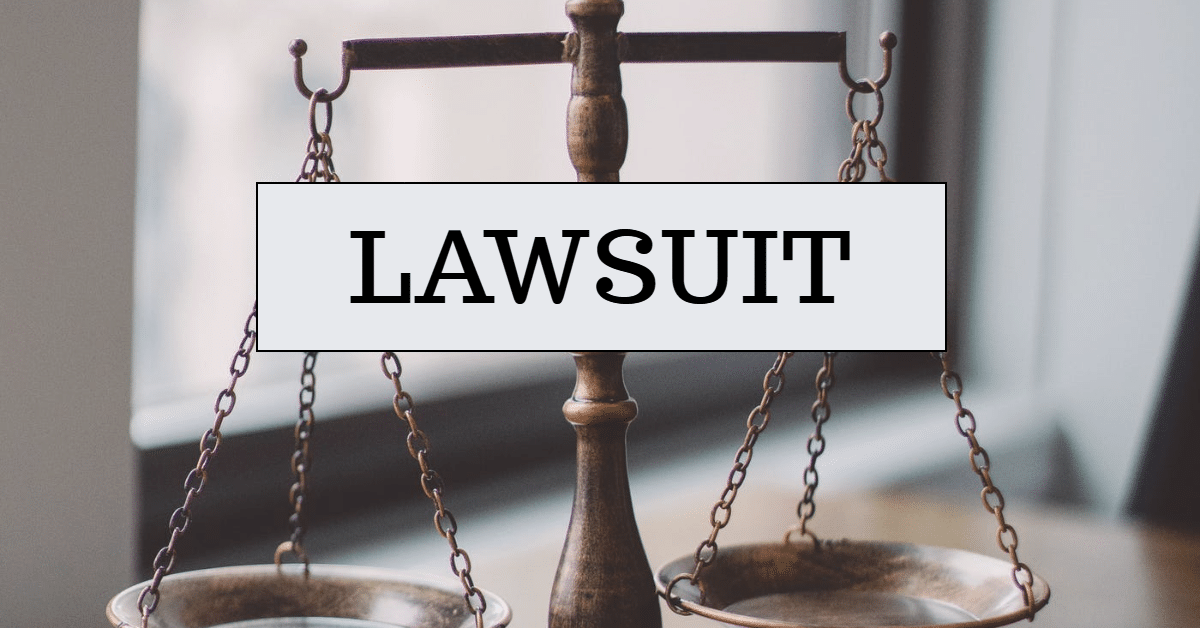Domain registrar asks court to dismiss the case.

GoDaddy has responded to a lawsuit filed in October regarding the 968.com domain name.
In the suit, Yuming Hao stated that she acquired the domain name from a person named Chu Chu for ¥800,000 (about $120,000 at the time) on July 1, 2022. Chu Chu tried to transfer the domain name to the plaintiff, but Chu Chu found that GoDaddy had locked his account, the lawsuit alleges.
GoDaddy responded yesterday (pdf) by asking the court to dismiss the case.
The domain registrar made a number of arguments, including:
- Domains are not tangible property according to Arizona law, so conversion can’t be claimed
- Yuming Hao didn’t own the domain nor was she entitled to immediate possession of it at the time the account was locked
- GoDaddy can suspend accounts at any time for violating GoDaddy’s policies
- GoDaddy wasn’t made aware of the transaction between Yuming Hao and Chu Chu until after it locked Chu Chu’s account
- The plaintiff lacks standing — the domain is in Chu Chu’s account, not hers
It seemed odd to me that the domain buyer filed the suit instead of the seller who had his account locked. Perhaps the buyer didn’t use an escrow service, so the buyer sent the money and never received the domain.






“Domains are not tangible property according to Arizona law, so conversion can’t be claimed”
Does this mean GoDaddy sees itself as the owner of your domains and no purely a custodial safe keeper?
How should this argument be understood?
I hope this case is not dismissed, as I’d like a deeper revelation of GoDaddy’s view of housed 3rd party owned domains.
This is pretty much the consistent view of every registrar. Domain names are incidents to a registration service contract. That’s why you are not paying sales tax on them as if they were personal property of some kind.
https://blog.ericgoldman.org/archives/2014/01/federal-court-in-virginia-court-says-domain-names-are-not-property-but-contractual-rights.htm
It’s also important to understand that “property” does not refer to some uniform set of rights, but to a variety of different rights which may, or may not, inhere in a particular type of property. So, something can be treated as if it were property in one context, but not necessarily in another context.
But, traditionally, there have not been many situations I can recall in which a domain registrar or registry has taken the position in litigation that domain names are generally property interests, rather than contract rights.
@J Berryhill, Esq.
Very much appreciate your astute insight on the issue.
Was the ruling in Sex*com that domains are incidents to a registration contract or individual property?
Was aforementioned ruling beyond the property or contract issue?
Or did ruling in Sex*com specifically speak to domains as property interests?
That’s a good example of what I mean by “property” not being a single concept. For the purpose of a conversion claim in the State of California, the court indeed found the domain to constitute property. That ruling may be persuasive, but it does not bind a court in Arizona. You may recall that the federal court in Sex.com sought an advisory opinion from the California Supreme Court on that question of state law. This dispute is in Arizona.
You had indicated you wanted a more detailed explanation of Godaddy’s position (which is also spelled out in their motion).
Duly noted.
But what would Plato say about this?
Chu Chuuuu. The domain has left the station…
Under Arizona law, a domain name cannot be converted because it is not considered physical property.
Does this suggest that, in addition to being a registrar, GoDaddy also considers itself the legal owner of your domain names?
So, how can we make sense of this debate?
I really want to know how GoDaddy feels about hosting third-party names, therefore I really hope this case doesn’t get thrown out.